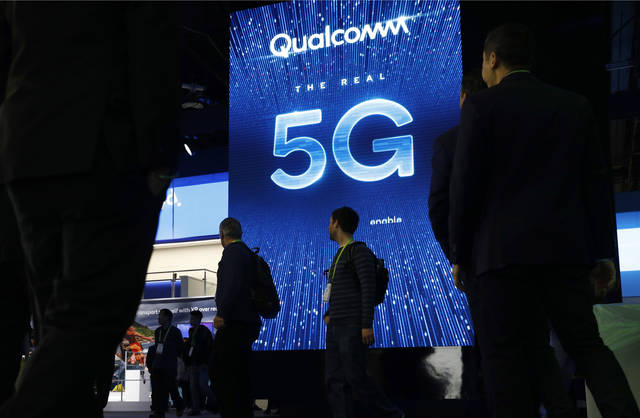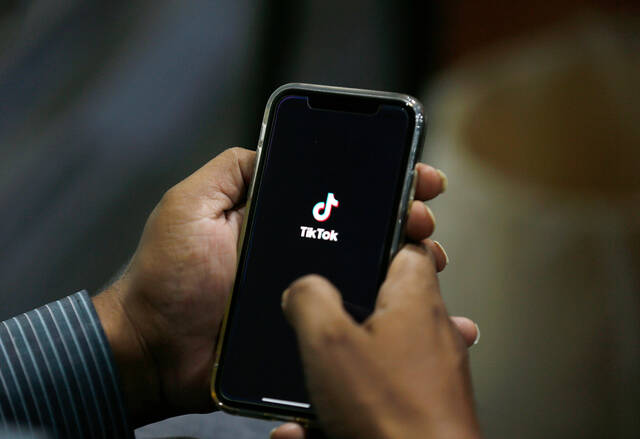Qualcomm violated antitrust law by brandishing its market dominance to squeeze excessive licensing fees from phone manufacturers, a federal judge in California ruled, delivering a major jolt to the critical components market for next-generation smartphones.
U.S. District Judge Lucy Koh’s ruling late Tuesday night sided with the Federal Trade Commission, which in 2017 sued the silicon chipmaker on accusations its agreements with phone makers undermined competition.
The judgment comes a month after Qualcomm settled its epic dispute with Apple, ending years of litigation. The deal resolved all 80 lawsuits between them worldwide and included licensing and supply agreements. The legal battle stemmed from the iPhone maker’s allegation that Qualcomm abused its market position for wireless modem chips.
On Wall Street, the settlement had been seen as a sign the FTC’s case against Qualcomm was weak, said Daniel Ives, an analyst at Wedbush Securities, making Tuesday’s ruling all the more surprising. “This is a gut punch for Qualcomm and could have a major ripple impact across the smartphone industry,” he said.
Qualcomm’s legal defeat may also carry foreign policy implications. The Trump administration has moved to limit China’s access to U.S. markets, especially in industries deemed vital to national security, such as telecommunications. Just last week, the White House placed Chinese telecom giant Huawei on a trade “blacklist.” But the Qualcomm decision may weaken the Huawei ban, Ives said, by giving Beijing leverage in the battle over smartphone chips.
“Qualcomm is dealt a blow with this FTC ruling as the main U.S. 5G arms dealer,” he said, while Huawei’s position is strengthened.
Earlier this month, the U.S. Department of Justice weighed in on the dispute, warning that without first holding hearings on the matter, an overly broad remedy from Koh could stymie innovation in the market for next-generation wireless technology.
But Koh wrote that potential resolutions had already been discussed during trial. Qualcomm must now negotiate or renegotiate its terms with customers without threatening to pull its chips or to impose discriminatory provisions, the ruling said, and make its licenses available to chip suppliers at “fair and reasonable” rates. It also must forgo the exclusive supply agreements it brokered with Apple and others, which tend to lock out market rivals.
The court ordered Qualcomm to undergo seven years of FTC monitoring to ensure its compliance. And the company is barred from interfering with customers who might want to report potential misconduct to a government agency.
“Qualcomm’s licensing practices have strangled competition” Koh wrote. The company’s leading position in the market for 5G wireless chips, she noted, makes the company’s illegal conduct likely to continue.
Qualcomm said it will seek to put a hold on Koh’s ruling and move for an expedited appeal.
“We strongly disagree with the judge’s conclusions, her interpretation of the facts and her application of the law,” said Don Rosenberg, Qualcomm’s executive vice president and general counsel.
In premarket trading, Qualcomm shares were down more than 12%.








